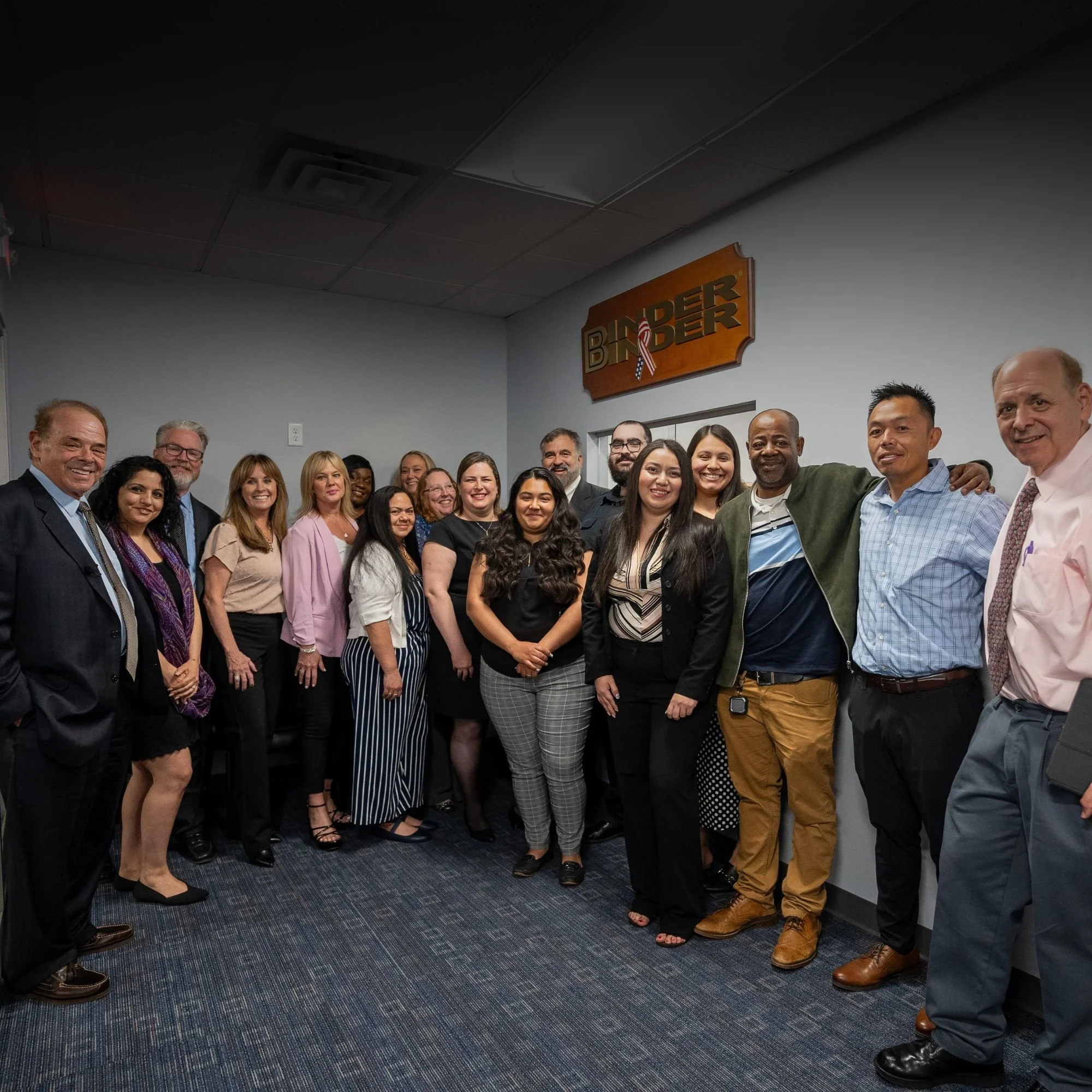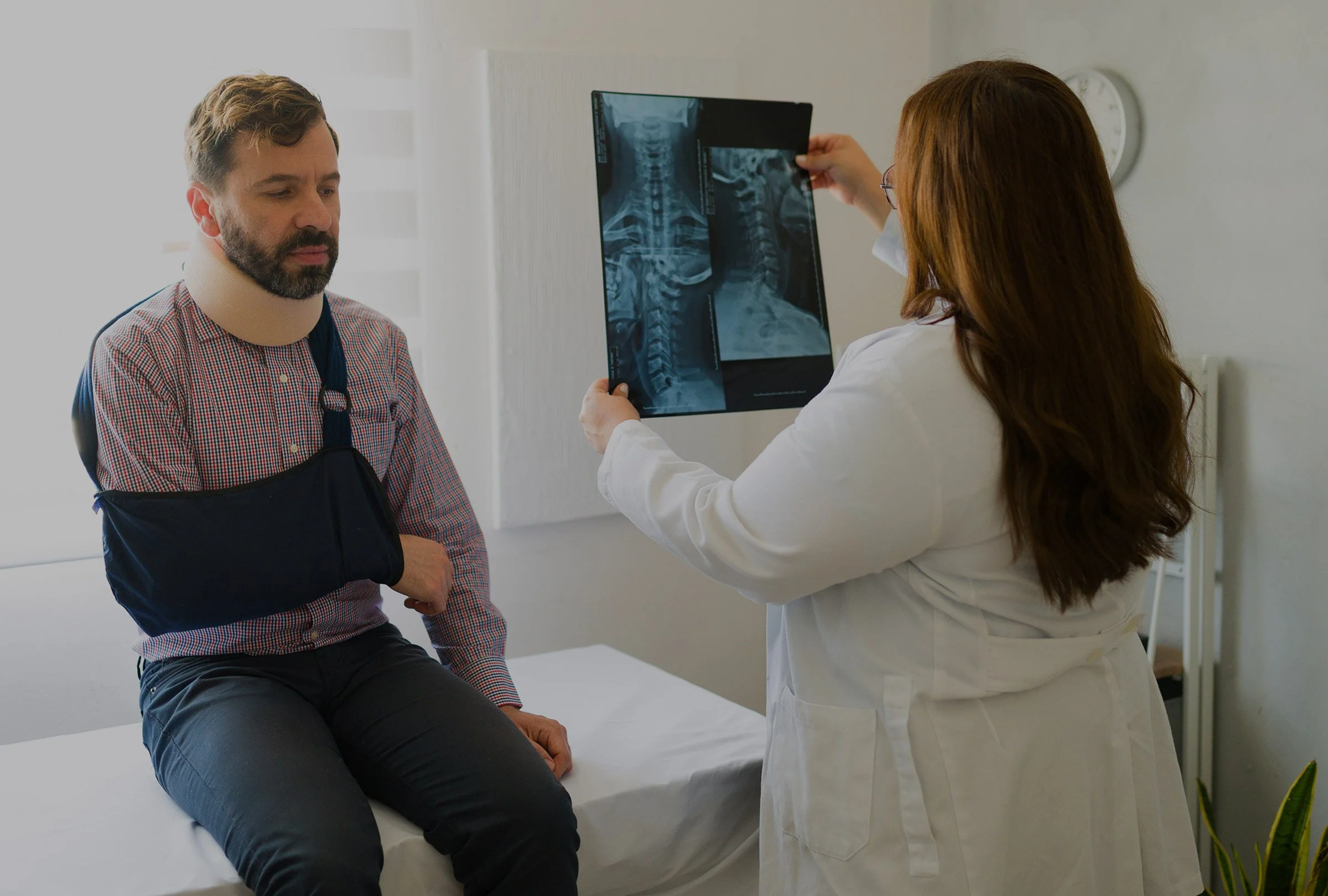Disability Can Affect Anyone
As America’s Most Successful Social Security Disability Advocates®, we fight for the benefits you deserve.
Disability Can Affect Anyone
As America’s Most Successful Social Security Disability Advocates®, we fight for the benefits you deserve.
Disability Can Affect Anyone
As America’s Most Successful Social Security Disability Advocates®, we fight for the benefits you deserve.
Fill out the form or call
1-800-424-6337 to see if you qualify!
Social Security Disability Benefits are your right.
For 50 years, Binder & Binder® has helped more Americans win Social Security Disability (SSD) benefits than anyone else. We know how overwhelming the system can be — that’s why we handle everything for you. From the initial application to appeals, we stand by your side until you get the benefits you deserve.

Our Dedicated and Seasoned Team Is There For You
What Makes Us Different?
More Experience. More Wins. More Respect.
Unlike other firms or online services, Binder & Binder® is 100% dedicated to Social Security Disability benefits. That means you get focused expertise, personalized attention, and a higher chance of winning your case.
Over 100,000 successful disability claims handled.
Decades of government insight — we know how Social Security thinks.
National recognition and trusted by Americans for generations.

What You Need To Apply For Benefits
Make Sure You’re Eligible
Fill out our Free Evaluation form below to see if you qualify for benefits.
Build Your Case
Medical evidence, letters from doctors and employers. Create a clear case for eligibility.
Submit Your Claim
With our help, we ensure your claim is air tight and conforms to requirements in your state.
See Which Disabilities Qualify for Social Security Benefits?
Social Security Disability benefits cover a wide range of physical, mental, and chronic conditions that prevent individuals from working. From common impairments to more complex medical conditions, qualifying disabilities span across various categories. Whether you’re dealing with a physical injury, a mental health challenge, or a long-term illness, you may be eligible for benefits.
Here are some examples of conditions that often qualify:
Back and Spine Disorders (e.g., herniated discs, scoliosis)
Mental Health Conditions (e.g., depression, anxiety, PTSD)
Neurological Disorders (e.g., epilepsy, multiple sclerosis, Parkinson’s disease)
Chronic Illnesses (e.g., diabetes, heart disease, COPD)
Autoimmune Diseases (e.g., lupus, rheumatoid arthritis)
Cancer (e.g., breast cancer, lung cancer, leukemia)
Developmental Disorders (e.g., autism spectrum disorder, intellectual disabilities)
Sensory Impairments (e.g., vision or hearing loss)
Latest News & Insights
Recent Case Studies
Free Disability Evaluation Form
Complete the form below to see if you qualify for Social Security Disability benefits, fast, easy, and no obligation.







